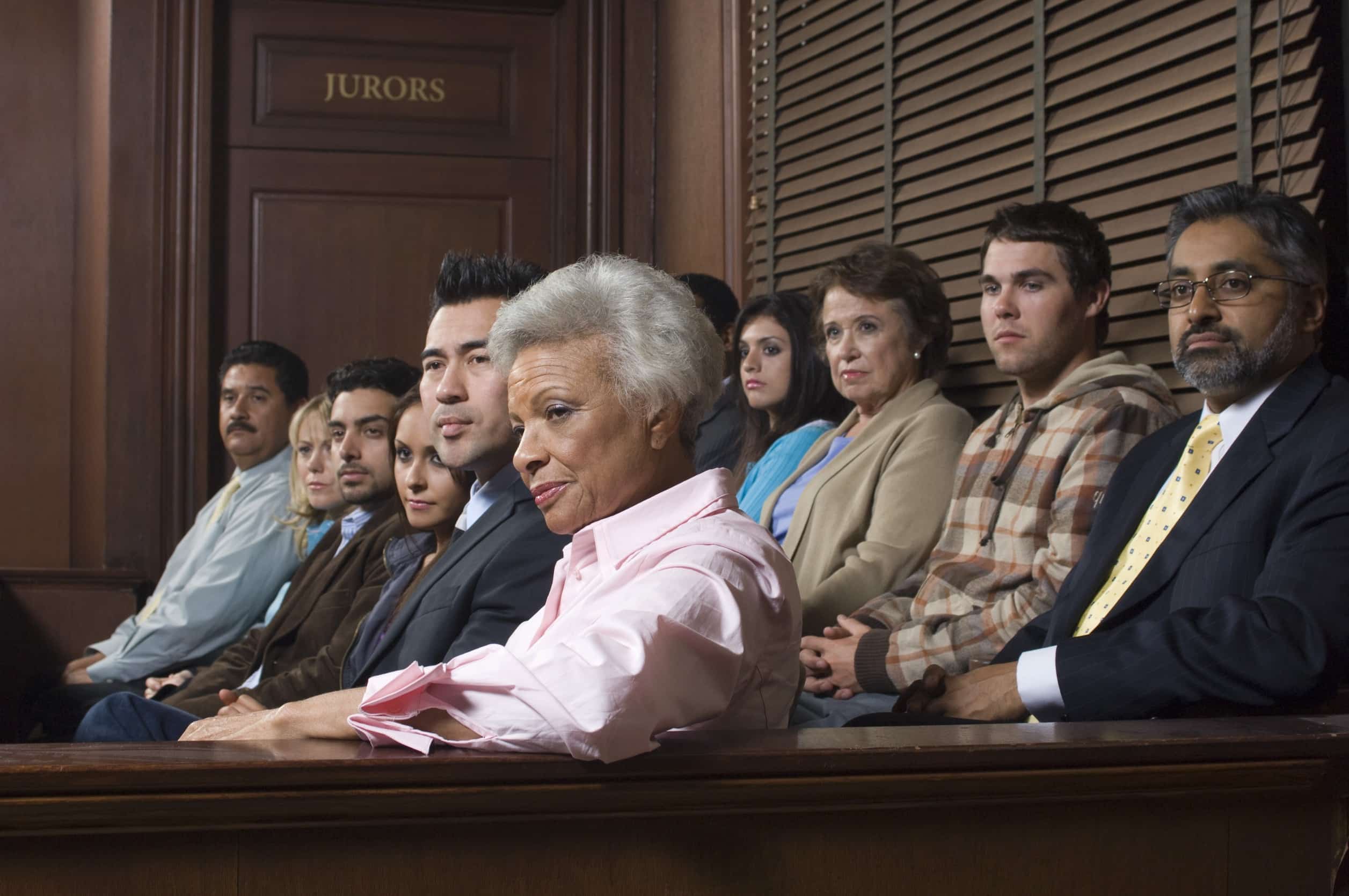15th Annual Reading of the Declaration of Independence
Friends- The reading of the Declaration means different things to different people. I can only tell you what it means to me.
Read More
Call 24/7 For A Free Consultation
In recent years, technology has made its way into almost every facet of our lives, and the judicial system is no exception. Federal criminal proceedings in the Southern District of Texas, Houston Division, have experienced a significant transformation due to technological advancements.
This article explores how technology is reshaping the landscape of federal criminal proceedings in Houston, including virtual or Zoom proceedings.
During the pandemic, virtual proceedings were used to conduct initial proceedings and detention hearings. Virtual proceedings involve conducting court proceedings remotely, utilizing video conferencing platforms like Zoom or Microsoft Teams.
This innovation offered some advantages and disadvantages to the accused. One advantage was that the accused in custody could make their initial appearance and have a bond set via Zoom. Disadvantages were quickly evident during contested detention hearings. When agents would testify via Zoom, the defense counsel was forced to cross-examine the agent via Zoom. Effective cross-examination requires the lawyer to be able to carefully watch the witness and observe how they react to different questions. This does not work well with Zoom. When forced to cross-examine an agent via Zoom, the defense lost the ability to measure the witness’ reaction to questions fully. You cannot full observe the witness via Zoom.
Conducting an entire trial via Zoom would not be in the interest of any accused, and no accused should ever agree to conduct a trial via Zoom. The accused cannot get a fair trial via Zoom because his lawyer is deprived of a full view of the witnesses and the jury’s simultaneous reaction to the witnesses.
There is one significant use of Zoom, which works to the advantage of the defense. The defense may seek the court’s permission to have a defense witness appear via Zoom when the witness is needed but cannot come in person to court. For instance, this counsel presented a defense witness via Zoom during a federal trial when the witness’ testimony was critical, but the witness had COVID-19. The witness was sick and could not be brought into the courtroom. The court granted the motion to present the witness’ testimony via Zoom. In that instance, the witness testified from their dining room table dressed in appropriate court attire. The defense benefited from the witness’ testimony being heard by the jury without exposing the jury to COVID-19.
In another instance, this counsel sought and was granted permission to present the testimony of a serviceman who was stationed in California. The serviceman’s testimony was important to the defense. However, due to the serviceman’s obligations, he could not leave his base and attend court in person. The Defense obtained permission from the court for the serviceman to testify via Zoom. Again, the serviceman’s important defense testimony was heard by the jury even though the witness could not be in court in person.
When presenting witnesses via Zoom in a trial, it is very important to make sure ahead of time that the Zoom system is working and that the witnesses will be available immediately when it is time to call them. Courts and jurors will not tolerate counsel who does not have a Zoom system set up and ready to go. Nor will courts and jurors tolerate a Zoom witness who is not immediately available. Using Zoom works only if the Defense counsel, with the aid of an assistant and the witness’s cooperation, is ready to go when it is time to present the Zoom witness’ testimony.
Lawyers can now use digital displays to present documents, images, and videos. This not only makes the presentation of evidence more engaging but also simplifies the organization and sharing of information during trials. Judges and jurors can access digital copies of exhibits, allowing for better examination and understanding.
For lawyers in Houston, the impact of technology in federal jury trials is multifaceted. On one hand, virtual testimony by defense witnesses can make it more convenient to present their testimony, reducing the need for travel and the associated costs. Additionally, electronic evidence presentation can enhance their ability to communicate complex information to judges and jurors effectively.
However, this transformation also poses some challenges. Lawyers must adapt to virtual courtroom procedures, which require a different skill set than traditional in-person trials.
Effective communication and the ability to command a virtual courtroom are crucial. Moreover, concerns about the security of online platforms and potential technical issues must be addressed.

The advent of technology in federal jury trials also affects jurors in Houston. Virtual testimony enables more defense witnesses to be presented in trial, as it eliminates geographical barriers and witnesses to testify without being physically present in court.
Virtual testimony and electronic evidence presentation are changing the way legal proceedings are conducted, offering both advantages and challenges for lawyers and jurors.
As technology continues to advance, it is essential for legal professionals to stay informed and adapt to these changes. They must hone their virtual courtroom skills and ensure that the trial technology is secure and reliable. For jurors, access to technology and strategies to maintain engagement are critical to ensuring a fair and effective judicial system.
Technology is reshaping the landscape of federal jury trials in Houston, offering greater convenience, efficiency, and accessibility. As we move forward, a delicate balance between embracing these technological innovations and addressing the potential challenges they bring is crucial to maintaining the integrity and fairness of the judicial system.

Friends-
The reading of the Declaration means different things to different people. I can only tell you what it means to me.
For me, When we read the Declaration of Independence, we declare that we continue to stand united against …
Fifteen years ago, I organized a group of fellow Harris County Criminal Lawyers Association (HCCLA) members, and we defiantly read the Declaration of Independence at the courthouse. We sought no permission. We stood with our backs to the courthouse. We …
Friends –
According to today’s Houston Chronicle, a man from Milwaukee spent 47 days in jail because of a case of mistaken identity. To be fair, the mistaken identity issue is hard to follow. Still, our criminal justice system failed …